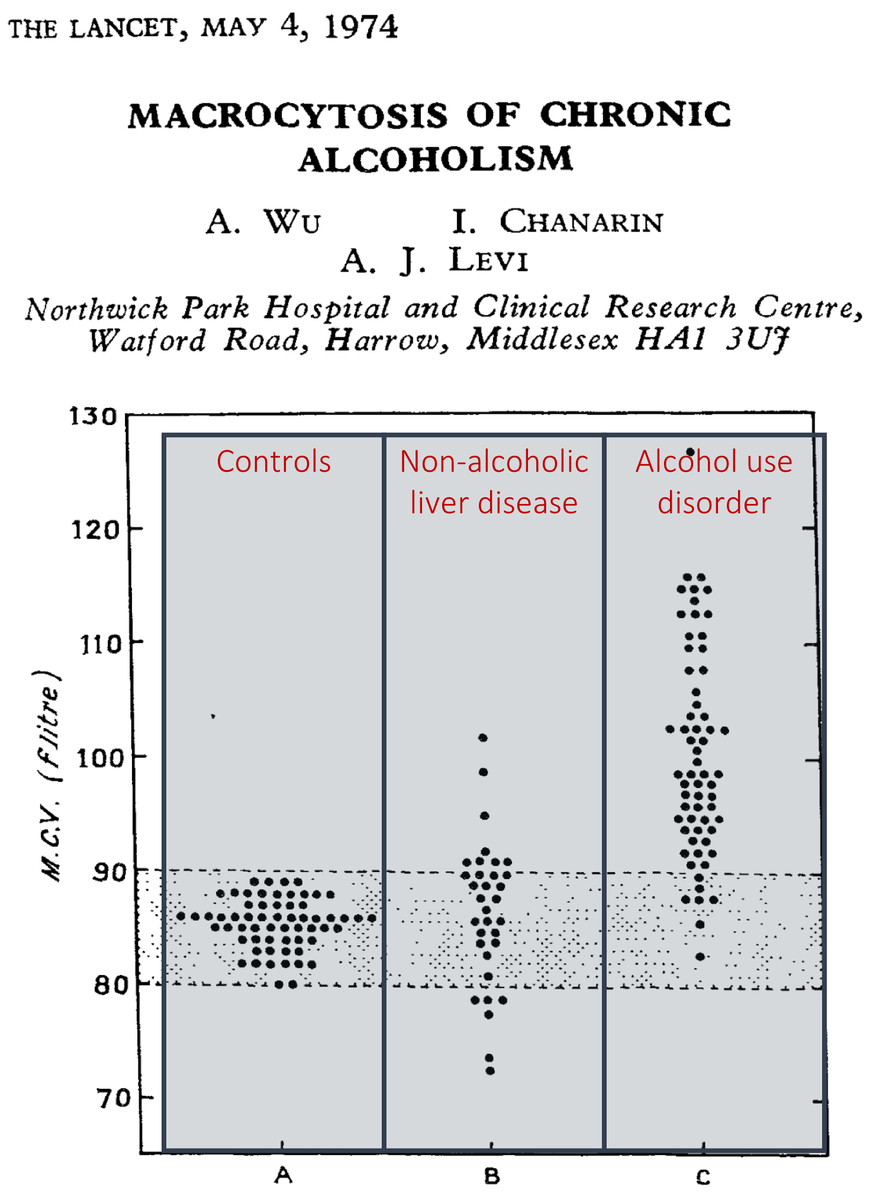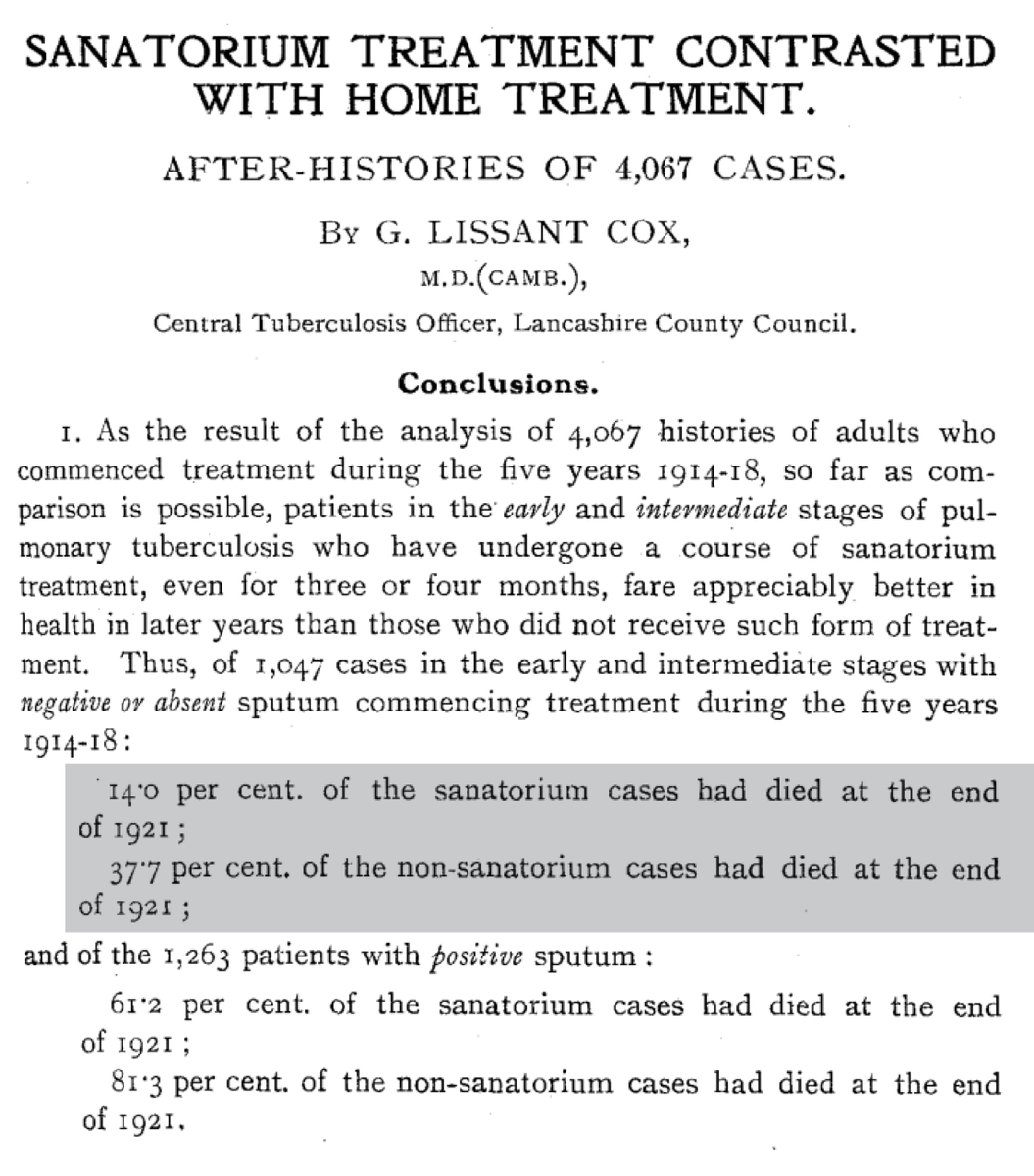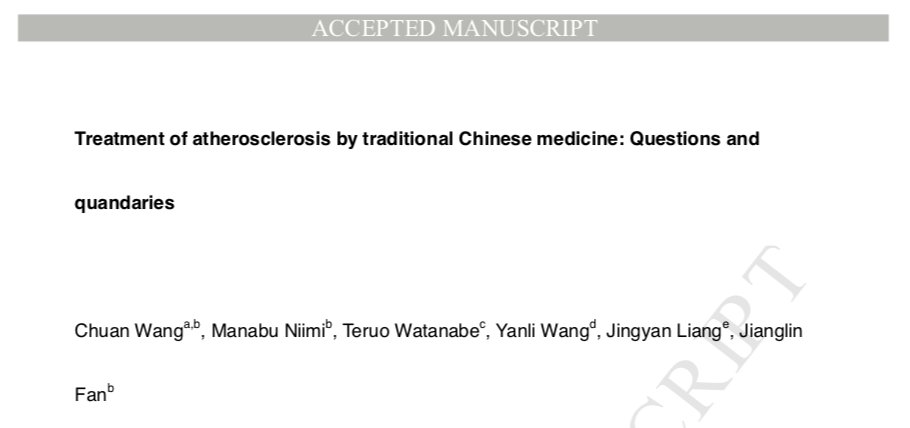ncbi.nlm.nih.gov/pubmed/30949778
RCTs only. Adults ≥ 18 diagnosed with acute hypoxamiec respiratory failure Pa02/Fi02 < 300mmHg) EXCLUDING those with severe chronic lung disease and or asthma.
APRV compared to any type of conventional ventilation
Primary: Ventilator-free days at day 28.
Secondary: Differences in oxygenation (Pa02/Fi02 at day 3), ICU LOS, ICU and
hospital mortality, mean arterial pressure, risk of barotrauma and level of sedation
306 papers identified for screening. 5 RCTs analysed after exclusions. A total of 330 patients (largest trial 138 patients, smallest trial 30 patients). All published between 2001-2018. All single centred trials.
1. higher ventilatory-free days at day 28
2. shorter ICU LOS
3. decreased hospital mortality
4. higher MAP
First systematic review and meta-analysis investigating APRV vs conventional ventilation in adults with acute hypoxaemic respiratory failure.
1. Low study number & all single centred trials.
2. Low study quality - heterogeneity in methodology (patient selection, Pa02/Fi02 stratification, timing of commencing APRV), lack of blinding, high risk of bias
3. 2 studies from prior to ARMA trial (permitted high TV)
Interesting glance at the literature. There are possibly more questions raised than answers provided. At present unlikely to change current practice. A well designed multi centre RCT is needed to provide further insight into this topic.
1. Utility of spontaneous breathing with APRV in patients with severe ARDS when current literature suggests lower mortality with early short term neuromuscular blockade.
2. Variability in initial APRV settings, is there a proven method or are we guessing?








